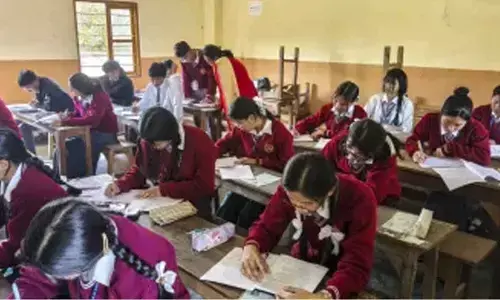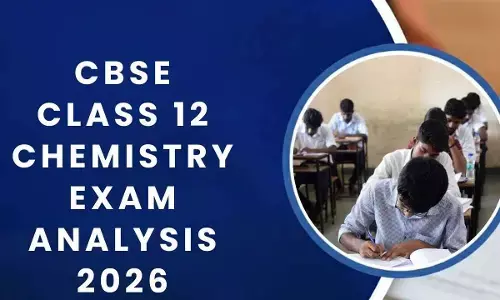How NEP 2020 is shaping real-world readiness

By laying emphasis on experiential learning through internships, the National Education Policy (NEP) 2020 has introduced a transformative approach to education in India. The policy aims to prepare students for real-world challenges, address skill gaps, and align education with industry demands by integrating vocational training with academic curricula. NEP 2020 envisions a seamless integration of vocational and academic streams, ensuring that every student gains exposure to at least one vocation during their schooling years. This approach eliminates the traditional divide between theoretical and practical education, fostering a multidisciplinary learning environment. The National Education Policy (NEP) 2020 aims to increase the Gross Enrollment Ratio (GER) in higher education, including vocational education, from 26.3% in 2018 to 50% by 2035.
The role of internships in school education
Pre-Vocational Exposure
Internships introduce students to a variety of vocations by giving them an opportunity to have hands-on learning experience in the choice of their field. Whether it’s shadowing professionals, participating in field visits, or engaging in industry-led workshops, this exposure deepens their understanding of how businesses and industries operate and helps them make informed career choices. It serves as a training ground for what’s in store in the future.
Enhancing Employability
By engaging with real-world challenges, students gain valuable insights and skills, such as critical thinking and adaptability, that are not just an added advantage but a necessity to thrive in their careers. Moreover, for many students, internships serve as a platform for exploring different career paths and gaining insight into various industries. By interning in different roles or organizations, students can gain insight into their interests, strengths and weaknesses. The self-awareness gained steers them in the desired direction.
Bridging the Skill Gap
India faces a significant disconnect between academic instruction and industry demands. The Economic Survey 2024–25 reveals a stark reality, only 8.25% of graduates secure jobs that align with their qualifications, while over 53% face underemployment. This highlights a serious mismatch between the skills imparted through education and the demands of the job market. Early exposure to practical learning through internships helps address this gap by aligning education with evolving industry needs.
Networking Opportunities
Internships also provide students with networking opportunities that can be instrumental in their career development. Interns have the chance to interact with professionals within their chosen industry, connect with fellow interns, and build relationships with mentors and supervisors. These connections can lead to mentorship opportunities, job referrals, and valuable insights into industry trends and job market dynamics.
Skill Development
Internships present a rich platform for skill development and resume enhancement. Engaging in tasks aligned with one’s field of interest, interns acquire practical experience, honing essential competencies crucial for professional success. By demonstrating initiative, adaptability, and self-reliance in completing assigned projects remotely, interns showcase their readiness to thrive in diverse work environments. These experiences not only deepen their expertise but also instill confidence in tackling real-world challenges preparing them for what lies ahead.
Challenges to be Addressed
However, for the internship model to be integrated effectively there are certain challenges that need to be addressed. There are resource constraints for one that need attention as many schools lack infrastructure and partnerships with industries to offer meaningful internship opportunities. Regulatory gaps that exist in the absence of clear guidelines on remuneration and working conditions also need to be bridged successfully. Moreover, socio-economic barriers need to be factored in as many students from low-income families may struggle to afford internships in metropolitan areas due to high living costs. The answer to these challenges might lie in adopting measures like - collaboration between educational institutions and industries, financial assistance and policy incentives from the government and monitoring mechanisms to ensure fair treatment of interns and standardize evaluation criteria.
The Road Ahead
The aforementioned points highlight the fact that Internships for school students under NEP 2020 represent a forward-thinking approach that prepares learners for the challenges of the modern world while promoting holistic development. By fostering collaboration between academia and industry, the internship model creates a talent pipeline aligned with evolving market needs. With time, s more schools adopt this model, students will gain the skills and confidence needed to excel in a competitive global environment.










